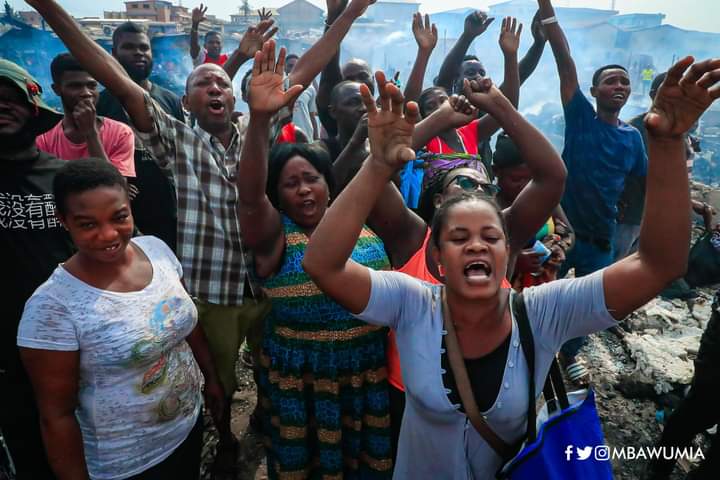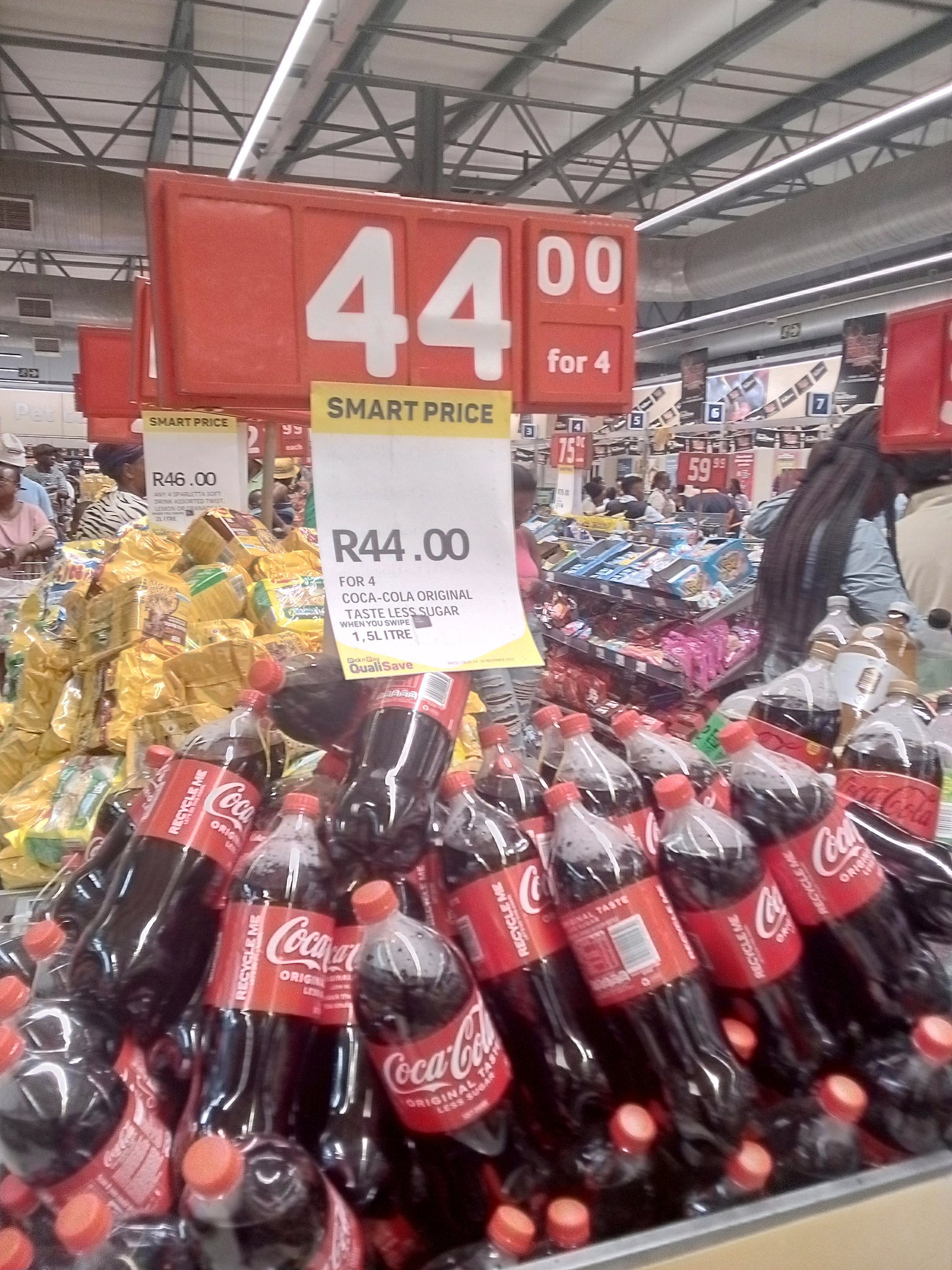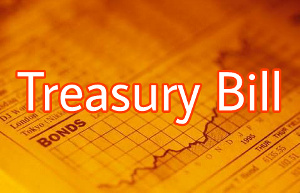IES predicts fuel shortage as cedi depreciates further and oil prices soar

Speaking on the Point Blank segment of Eyewitness News, the Executive Director of IES, Nana Amoasi VII, said the shortage will be influenced by the depreciation of the cedi and the increase in oil prices on the international market.
“I regret to announce this bad news. I hope it doesn’t happen. What we have observed over the past few months within the downstream sector of the Petroleum industry is that the depreciation of the cedi and the international oil price rise is impacting negatively on their working capital.
“Between the last few weeks, the cedi has depreciated from about GHS 7.00 to GHS 7.4 giving a clear 40 pesewas on their business. If we are bringing the same quantity of 600 metric tones today, you will need GHS 7.40. That will amount to about GHS 4, 440 and so 30,000 metric tonnes in the next window, you will need an equivalent of about GHS 7.2 million. A clear depletion of wiring capital.”
These factors, according to him, will lead to the importation of less fuel into the system.
“If the situation continues and it is sustained, we will see a fuel shortage,” he added.
The Chief Executive Officer (CEO) of the Ghana Chamber of Bulk Oil Distributors, Senyo Hosi held a conflicting view.
“Not at all, there won’t be an imminent shortage of fuel. I can understand their concern. It is legitimate. But we need to understand that this will not be the first time we will be working with prices around $1000 per metric tonne.
“What we just have to do is to anticipate and make sure that we move credit alongside the same levels required to sustain prices.”
He indicated that stakeholders have preempted the situation.
“We have been proactive about this. We have been engaging the Central bank to deal with the issues of supply.”
“We have also been engaging the NPA as well as the International oil traders to find ways to deal with the credit crunch that we may face because of the rising prices.”
Fuel prices at some fuel stations have crossed the GH¢8 per litre mark in the first week of March 2022 with predictions that the commodity will sell at GH¢9.00 per litre by close of the month.
The National Petroleum Authority (NPA) has already said discussions are ongoing with the Ministries of Finance and Energy to find a manageable solution to the persistent rise in fuel prices.
It said the deliberations will focus largely on the possible removal of some taxes on petroleum products.
“We are also concerned, there are a lot of discussions we are having with the Ministry of Energy, and we are seeing if together with the Ministry of Finance, we will make some proposals,” Head of Pricing at the NPA, Abass Ibrahim Tasunti earlier said.





